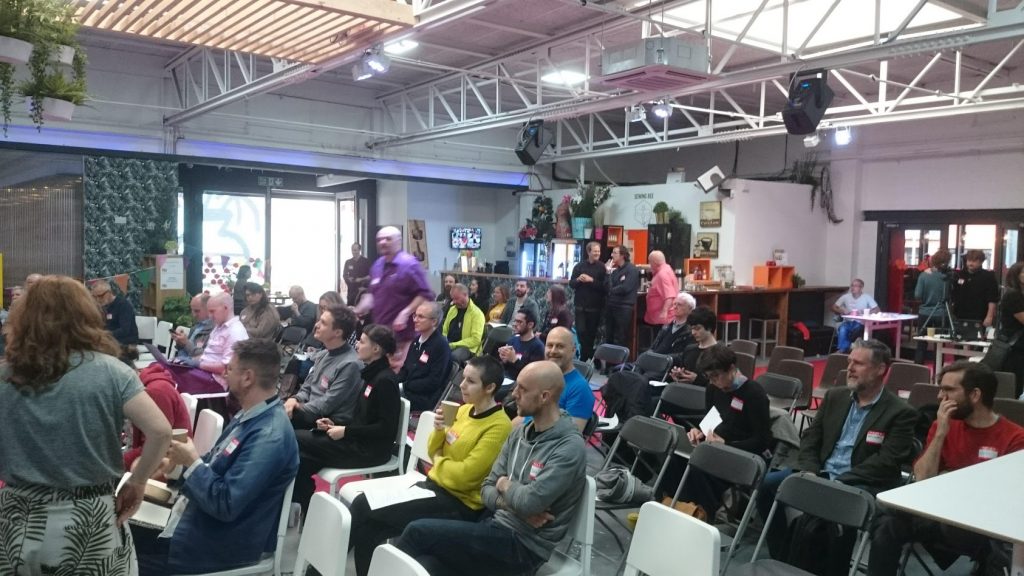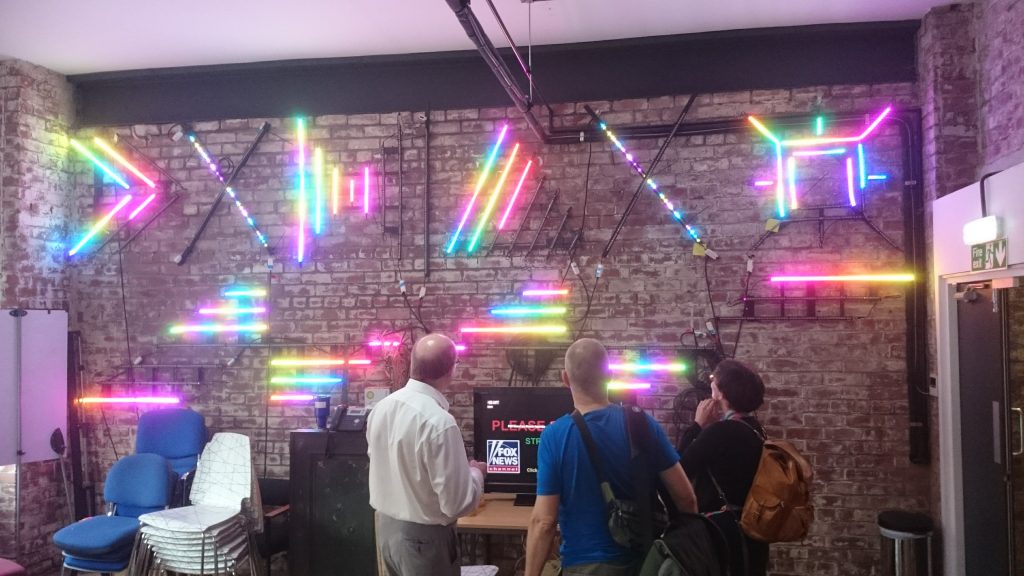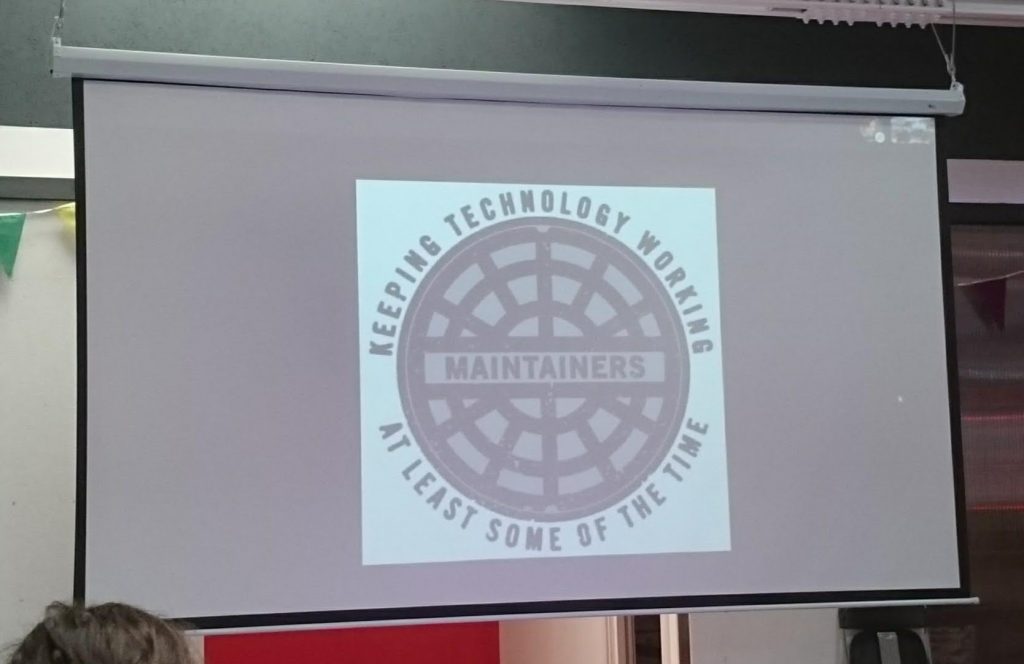I give it a fairly broad remit, e.g. I think Working Effectively with Legacy Code is a good one.
Month: September 2019
‘redesigning our regulatory systems so they don’t favour speculative financing and land trading’
‘give communities a way of investing and owning the things that make neighbourhoods work, without the fear of being priced out by their desire to improve their community.’
I need to give it a thorough read, but sounds interesting and I immediately like anything that has a plan rather than just a diagnosis…
https://provocations.darkmatterlabs.org/a-smart-commons-528f4e53cec2
Talks about how techno-libertarianism and individualism won out over federated communities.
This line makes me sad: ‘Today, social movements depend on Facebook, Google, and Twitter.’ But strikes me that we’re in a pretty good position right now to start federated, tactical media platforms again, no?
It was at The Fashion Hub, a really awesome space in the old fashion district of Liverpool, with the excellent DoES makerspace just upstairs.
It was chock full of interesting things. I have loads of notes that I hope to digest and probably microblog about over the coming days, but a quick note of a few themes that formed for me:
education
Students need to learn more about maintenance and repair, not just how to make new things. Tom of Holland mentioned how textile repair used to be in most textbooks, but no more. Civil engineer Mujib Rahman mentioned how students come into university wanting to know how to build things, and with less interest on how to maintain things.
maintenance as care
I’ve thought before how social care can be kind of be seen as a form of maintenance in a fairly abstract sense. But I liked the point made by Juliet Davis about how maintaining something for someone can be seen as an act of care for the person, too.
patterns of maintenance
Common themes seemed to arise throughout the day – e.g. the importance of monitoring in maintenance. Chris Adams mentioned during the panel discussion that a pattern language of maintenance could be a useful resource – I agree. The ODI have just released their pattern catalogue of collaborative data maintenance, but there could be scope for a general pattern catalogue of maintenance techniques and considerations.
https://theodi.org/article/launching-the-collaborative-data-maintenance-guidebook/



